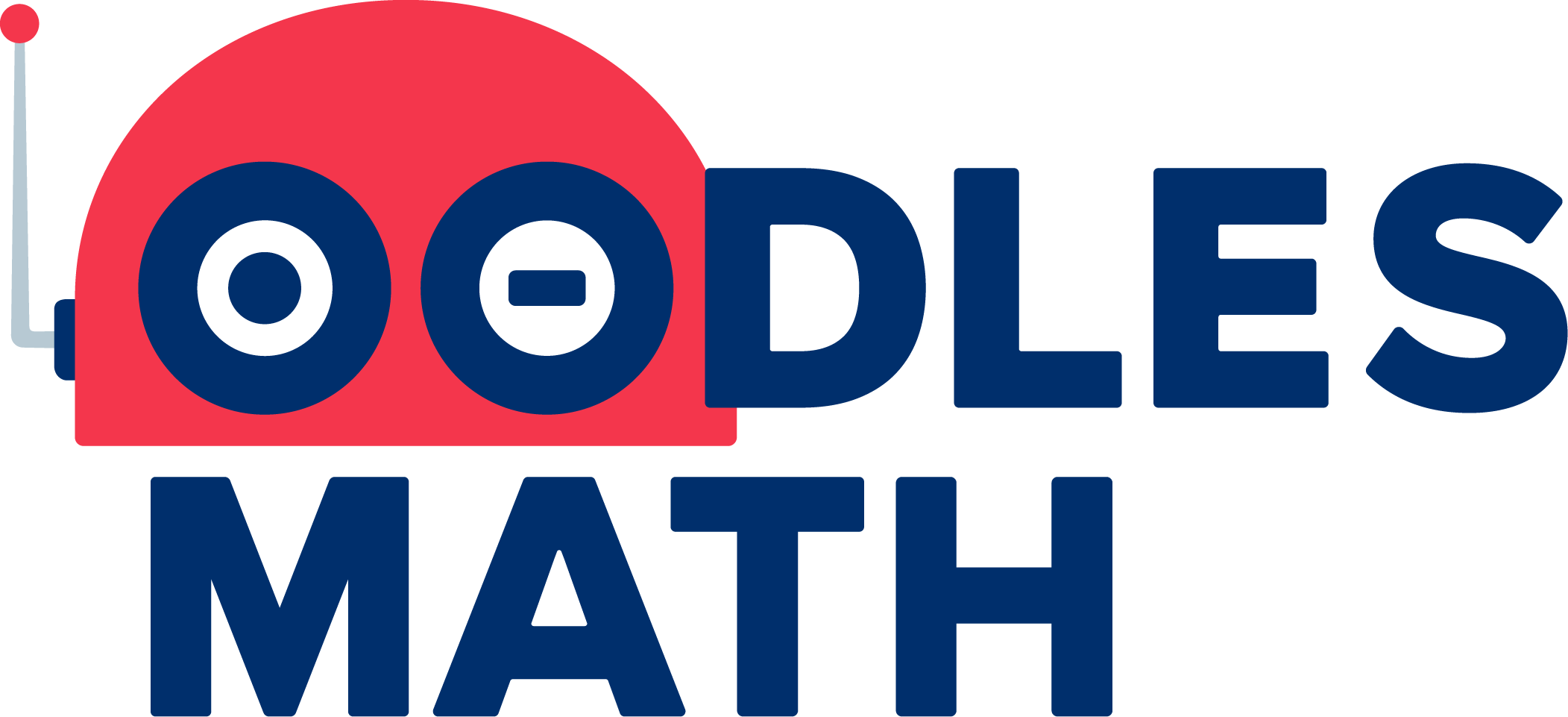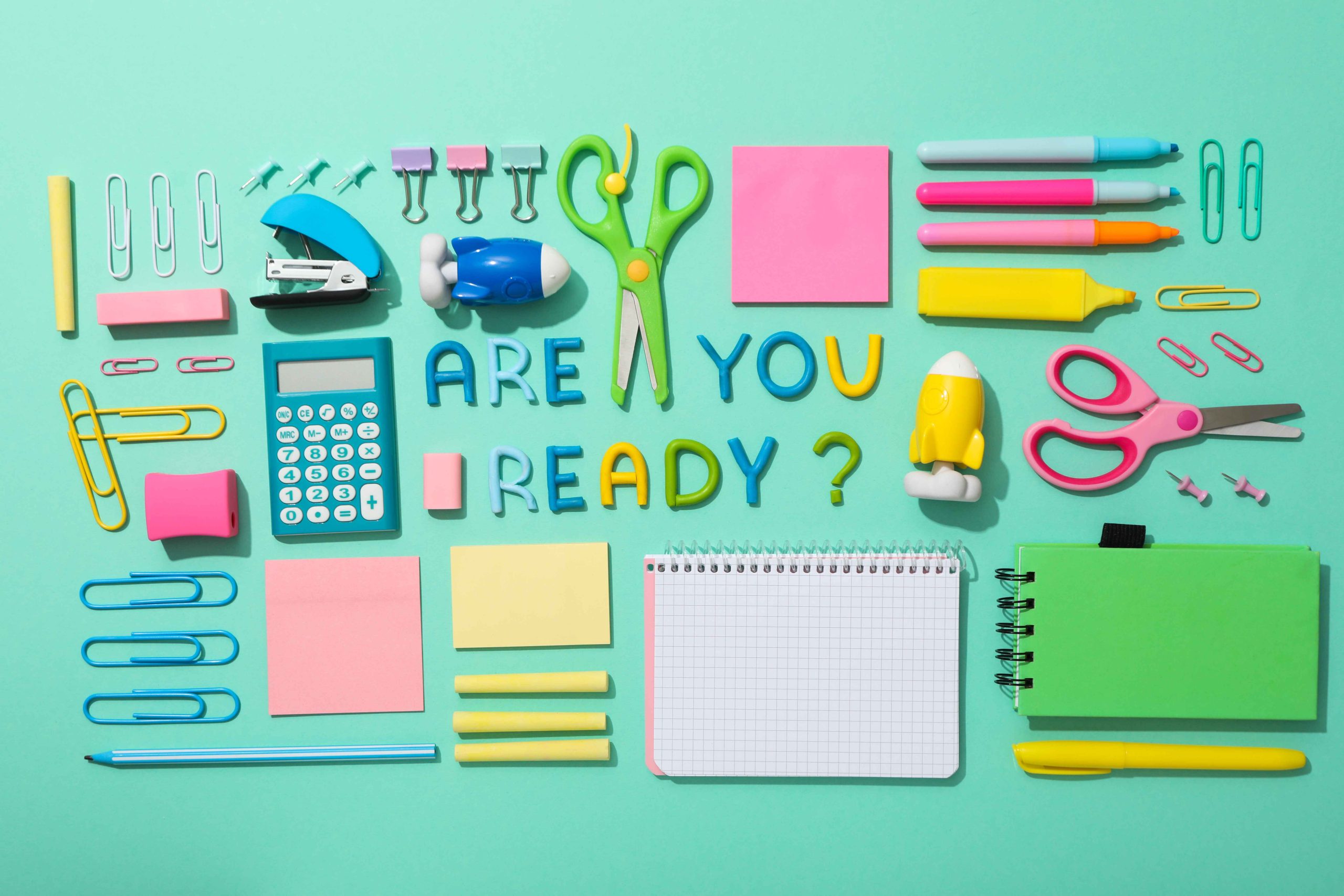As the new academic year approaches, it is essential to ensure that your child is well-prepared to return to school. Transitioning to a new class or academic level can be overwhelming for children, but effective preparation and planning can significantly reduce their nervousness and stress, paving the way for a successful school year.
From gathering school supplies to establishing a proper study routine, here are some tips to help you and your child get back-to-school ready.
4 Steps to Prepare for a New Academic Year
Organise Academic Materials and Supplies
Gathering and organising materials such as textbooks, stationery, and digital devices is a crucial step in preparing for a new academic year. When all necessary tools are at hand, your child will feel more secure and well-equipped for the challenges ahead.
Moreover, a well-organised setup means you won’t be in last-minute scrambles to find supplies or information, which can be stressful for both you and your child. Knowing where everything is located will allow your child to focus on their new classes rather than worry about acquiring missing books or stationery.
Consider the following steps to better organise your child’s school supplies and study space at home:
Choose a Study Space
Pick a quiet, well-lit, and comfortable area in your home that will allow your child to focus and work without distractions.
Furnish the Area Comfortably
Set out a desk and ergonomic chair so your child can sit and study comfortably, even for several hours at a time.
Organise Your Supplies
Use caddies, containers, or stackable drawers to store papers, writing supplies, and more. Clearly label your storage areas so your child can easily find supplies on their own and return them to the designated spaces.
Regularly Clear Clutter
Keep the workspace clean and tidy—ask your child to routinely clear up unused papers and unnecessary items. A clear and organised study space will help your child concentrate better.
Use Planning Tools
Advise your child to use a physical planner or notebook to record important school tasks, deadlines, and information. Digital apps can also be tremendously helpful for parents and students:
- Google Calendar: Set reminders for important dates and deadlines.
- Notion or Evernote: Take and organise notes from classes.
- Trello: Break down larger assignments and projects into manageable chunks.
- Quizlet: Create study aids like flashcards and quizzes.

Review Work From the Past Year
Revisiting notes and key concepts from the previous school year can help your child feel more prepared to tackle new classes.
By reviewing previously learned material, your child can reinforce their memory and understanding, which will boost their confidence as they tackle more advanced levels of those subjects.
Furthermore, you and your child can identify subjects or weak areas that they struggled with last year and take steps to address those gaps.
This is particularly important in mathematics, as each new concept builds on previous knowledge. Strengthening your child’s grasp on mathematical concepts they struggled with in the past year can ensure a solid foundation for new math learning.
Some resources you can use to help close learning gaps ahead of the new academic year include:
Holiday Reading
Encourage your child to pick up some books during their time off from school that align with the past or upcoming curriculum. This can help boost their literacy skills, address learning gaps in an enjoyable way, and spark curiosity about studying new things in the year ahead.
Educational Apps
Many engaging educational apps are available for various subjects and age levels. They can reinforce learning through fun games, videos, and interactive exercises. Explore apps like Duolingo for language learning, Science360 for science subjects, and DragonBox for algebra.
Study Groups
Seek out or join study groups with other children. Collaborative learning outside a classroom environment can provide your child with a different perspective on challenging topics, helping them grasp complex concepts with the help of fellow students.

Set Academic and Personal Goals
With every new school year, establishing clear goals for academic and personal development goals is vital for fostering motivation in children and guiding their efforts.
Whether it’s improving their time management or participating in more extracurricular activities, working towards specific goals can boost your child’s academic success and enrich their personal growth.
Sit down with your child and map out a list of actionable and measurable goals for the coming year. One tool you could use for this purpose is the SMART framework, which can be adapted to suit your child’s academic needs:
- Specific: Clearly define what goals they want to achieve, like studying a particular subject for 30 minutes a day.
- Measurable: Establish criteria to track their progress towards these goals. For example, you could keep a record of improved grades or the rate of assignments completed.
- Achievable: Ensure the goal is realistic and attainable for your child. For example, if they have always scored an AL3 in math, aiming for an AL2 will be more realistic and motivating than expecting an AL1.
- Relevant: Align the goal with their interests and long-term aspirations. Consider how your child’s goals fit into their career plans—for example, do they dream of becoming a doctor? Then, your child can aim to focus on the necessary subjects for the medical field, like biology and chemistry.
- Time-bound: Set a deadline for achieving the goal to establish urgency and responsibility. An example of a time-bound goal might be “I will raise my English grade by the end of the semester.”
Establishing well-defined, achievable goals will provide guidance for your child and foster motivation throughout the academic year.

Establish a Study Routine and Healthy Habits
Setting down a consistent, well-structured study routine at the beginning of the academic year is crucial for children.
Designating specific times for homework, study, rest, and play helps children prioritise their tasks, avoid being overwhelmed by last-minute anxiety, and stay focused on their study sessions.
Furthermore, regular study sessions aid in reinforcing learning and improving information retention. A consistent schedule also lets your child develop discipline and foster a sense of commitment to learning, which will help them throughout their academic life.
However, it’s also important to prioritise other aspects of a balanced and healthy routine for your child during the school year:
Adequate Sleep
Children who get the necessary amount of sleep can focus and perform better in school. Practice a consistent bedtime routine that allows your child to obtain at least 8-10 hours of sleep each night, including on weekends. Avoid having televisions or digital devices in your child’s bedroom, as they can lead to distractions that interfere with sleep quality and duration.
Physical Activity
Regular physical activity improves mood, reduces stress, and enhances concentration. Encourage your child to enjoy at least 30 minutes of exercise several days a week, whether through their favourite sports, walking in the park, or playing fun games like tag and hide and seek.
Proper Nutrition
A balanced diet is crucial to maintain energy levels and mental alertness. Encourage healthy eating habits by preparing nutritious meals and snacks that include fruits, vegetables, whole grains, lean proteins, and healthy fats.
By setting measurable academic and personal goals, organising school supplies, setting up a study space at home, reviewing past material, and cultivating healthy habits, you and your child can approach the new academic year with confidence and positivity.
These preparation strategies will help your child tackle new challenges at school and foster resilience and adaptability in their educational journey.
Learn more about how Oodles Learning can support you and your child here.







